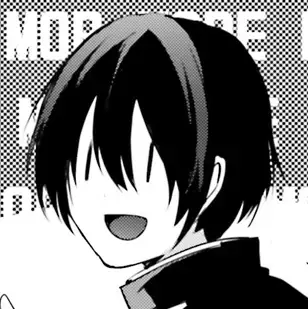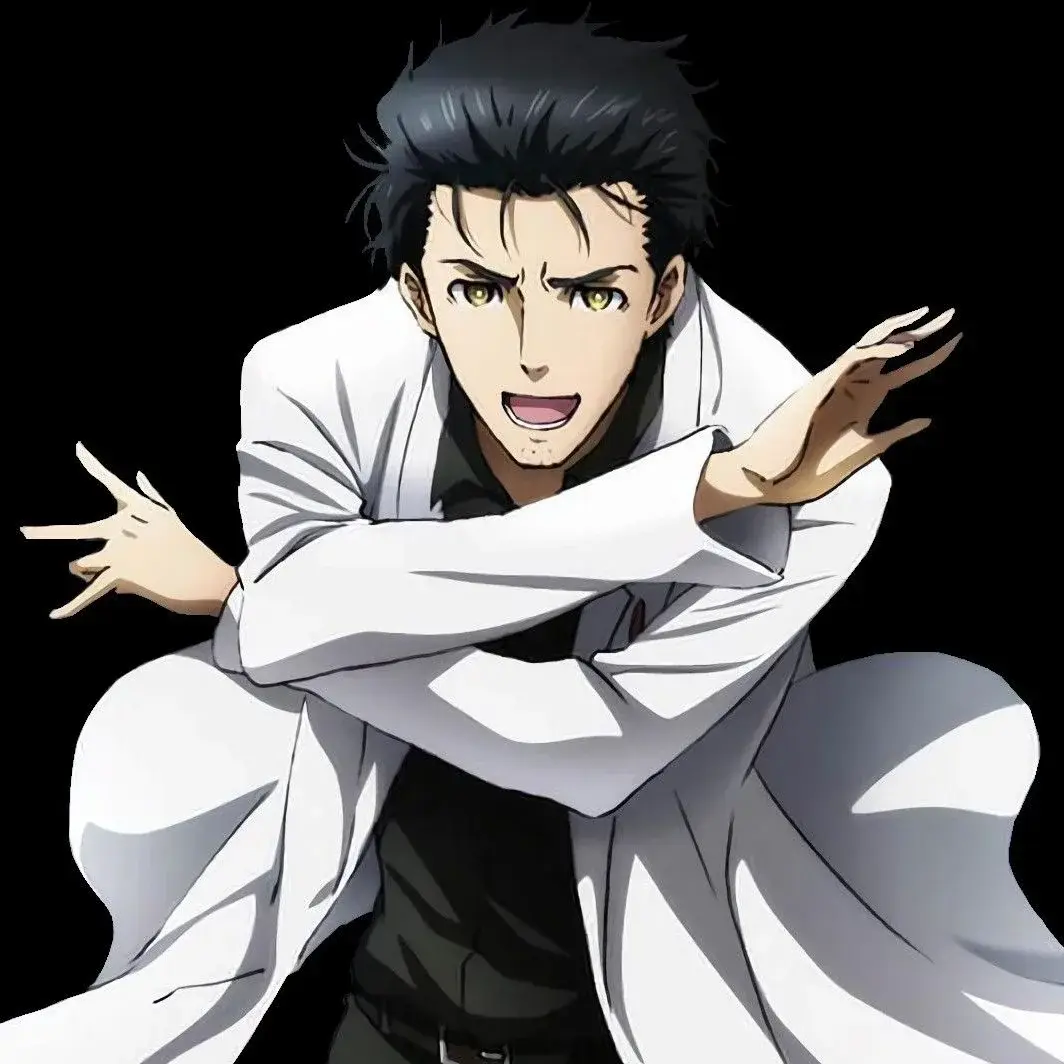Alright, I am guessing that the “followed up on” bits in this chapter might be better translated as “covered for” or something like that. At least that makes things make more sense to me. I don’t want to come down on the TL as many of them don’t have English as their primary language and I wouldn’t be reading this without them.
Also, am I reading this right that the Section Chief was trying to use Miyama as a scapegoat to cover for their own mistakes in front of the president? That is extraordinarily shitty. My wife had a boss that pulled that kind of stuff and it drove her to leave that job super quick. It’s a shame too, because it was a great job with great benefits, but just had a really shitty manager.
My wife had a boss that pulled that kind of stuff and it drove her to leave that job super quick. It’s a shame too, because it was a great job with great benefits, but just had a really shitty manager.
It really is maddening how quickly something good becomes bad because the person in charge is absolutely incompetent at best, or malicious at worst.
Yes on both counts, or at least that’s how I took it too.
I assumed that the “followed up” phrasing is a fairly literal translation of a Japanese phrase that broadly means something like “had to clean up their mess” or “had to pick up their slack.” And the conflict was sort of obscure, but I took it the same way you did. We apparently don’t know exactly what Miyama said in her resignation, but that confrontation sure reeked of her boss trying to shift blame, and the fact that Miyama then went over the boss 's head and tendered her resignation to the company president implies that her view was that she had been mistreated by her boss, and she wanted the president to know that that was why she was quitting.
I suspect that part of the problem is that that whole series of scenes was written deliberately vaguely - that even in the original Japanese, it’s not a very clear account of the events - because it’s Iinchou’s recollections, and she wasn’t entirely clear on what was happening, not just because she only saw little bits and pieces of it, but because she’s one of those people who’s so honest and sincere that she doesn’t even really grasp duplicity, and that was the real point we were meant to get. It all seemed confusing and unclear to her because she can’t even quite wrap her head around the idea of somebody acting that dishonestly.
Which would tie back in with her confusion regarding Reika and that whole deal.



